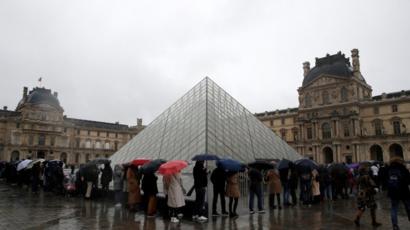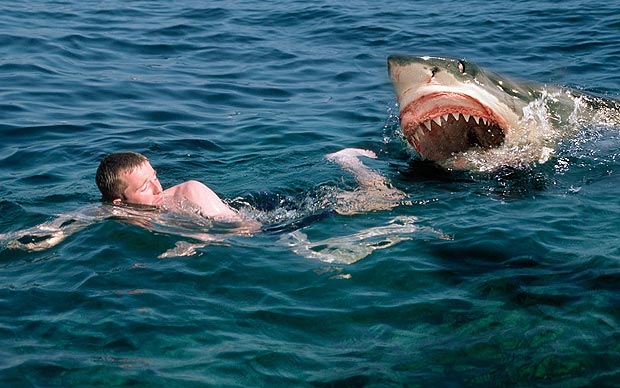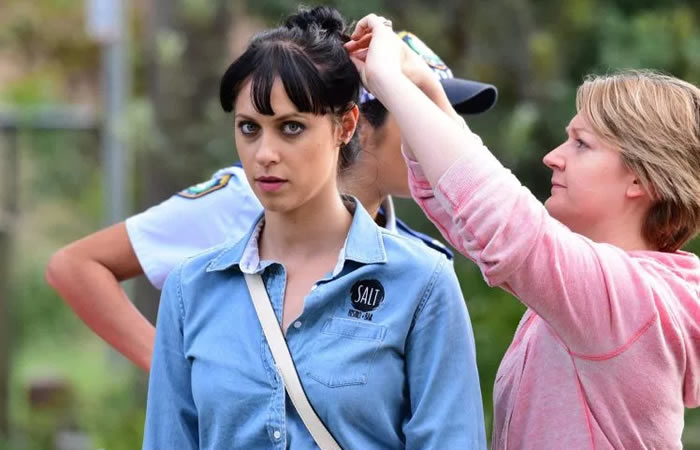As museums and art events around the world continue to close or cancel their programming in an attempt to keep the coronavirus from spreading, yet another major institution has temporarily shuttered to the public: the Louvre in Paris.
On Sunday, after 100 cases of the coronavirus were confirmed in France, the Louvre—which ranks among the world’s most well-attended institutions—closed to the public. On Twitter, the museum said it had closed while its staff met to discuss the coronavirus’ spread. Then, three hours later, the museum posted again to say that it would not open at all for the day. “We apologize for any inconvenience and will keep you informed of developments,” the museum’s tweet reads.
“The museum is currently implementing (or has implemented) all measures recommended by competent authorities to protect agents and visitors,” a Louvre spokesperson said in an email.
The closure came suddenly, after crowds of visitors had assembled outside the museum on Sunday morning under the expectation that they would still be able to enter as usual. It was not immediately clear when the museum expects to reopen.
No other major French institutions have closed because of the coronavirus, and the French government has not called on museums in the country to stop allowing visitors, even though officials have asked events that assemble more than 5,000 people indoors to cancel their programming. But the Louvre’s closure on Sunday is a sign that French art spaces are closely monitoring the coronavirus’s spread.
On Friday, Guillaume Piens, the director of the Art Paris fair, which is expected to take place from April 2–5, said that he was watching the coronavirus outbreak, but that the event did not yet plan to alter its 2020 edition. “We’re following the situation and monitoring it, and, of course, we take it very seriously,” he said. “But at the same time we really want to stay calm and not panic.”
Museums in China, Hong Kong, Italy, Japan, and South Korea remain closed as officials attempt to determine how to respond to outbreaks in the respective countries. Among the institutions that are still shuttered are the Castello di Rivoli in Turin, the National Museum of Modern and Contemporary Art Korea in Seoul, and the UCCA Center for Contemporary Art in Beijing.
Spokespersons for other major museums in Paris—including the Musée d’Orsay, the Jeu de Paume, the Palais de Tokyo, the Centre Pompidou, the Grand Palais, and the Musée d’Art Moderne de la Ville de Paris—did not respond to requests for comment on whether their respective institutions would temporarily close.













